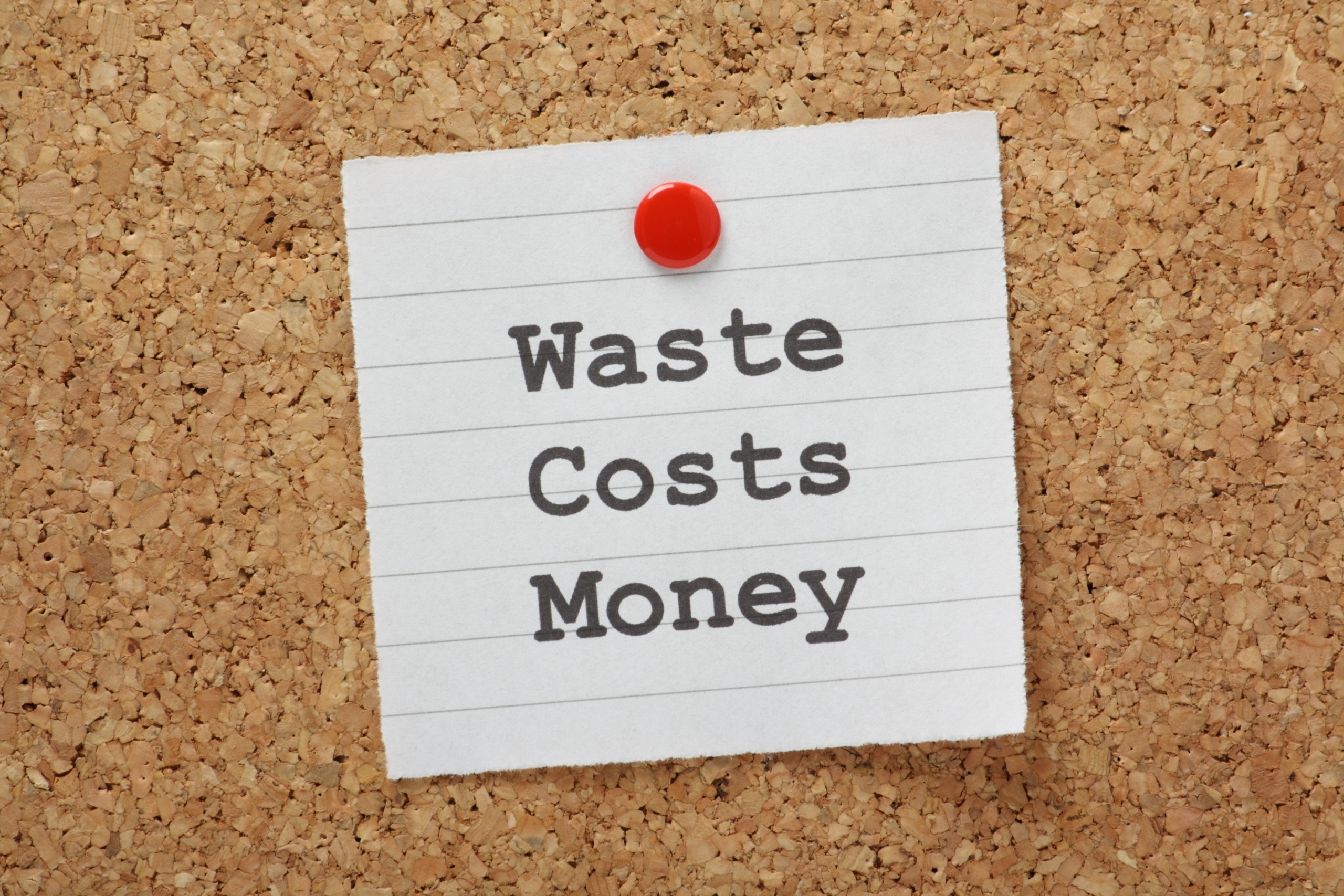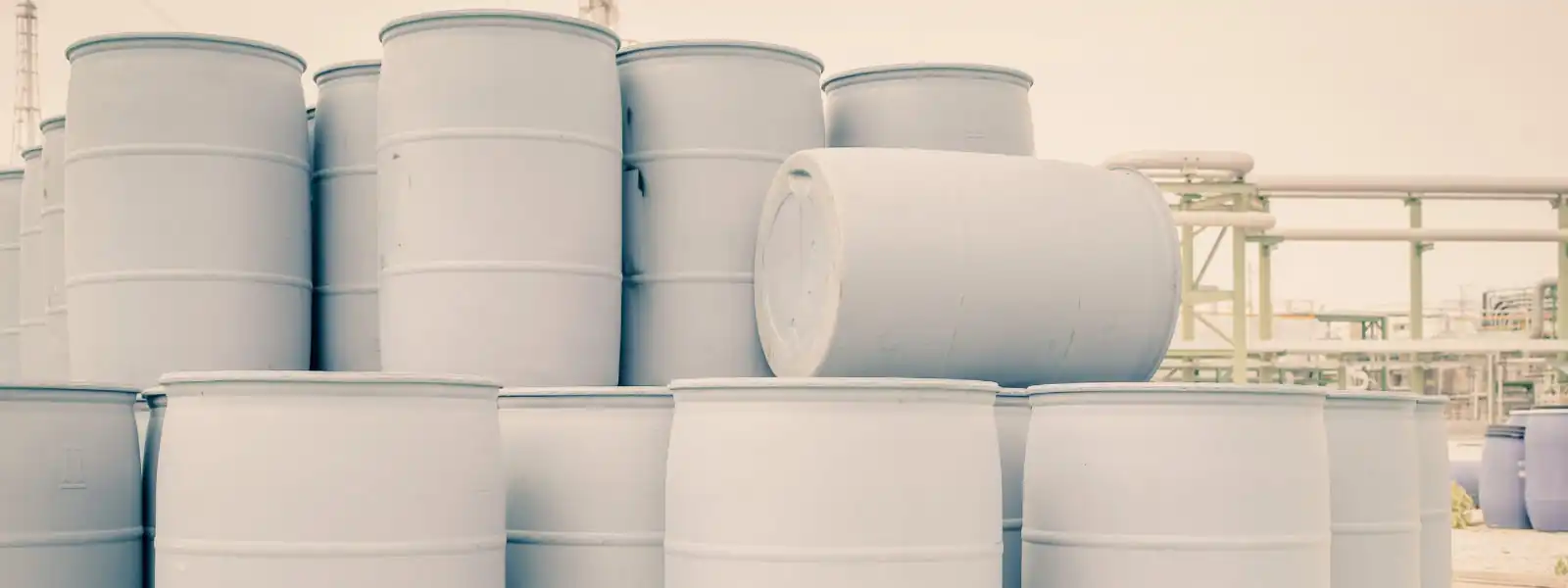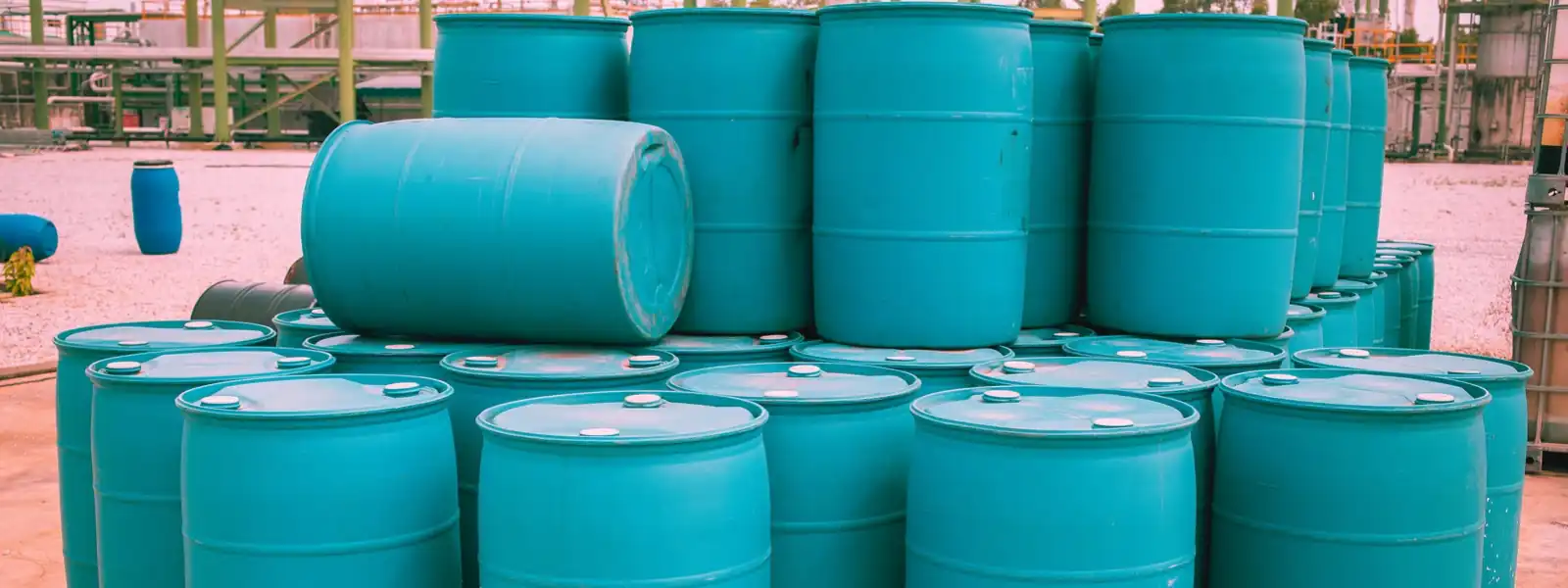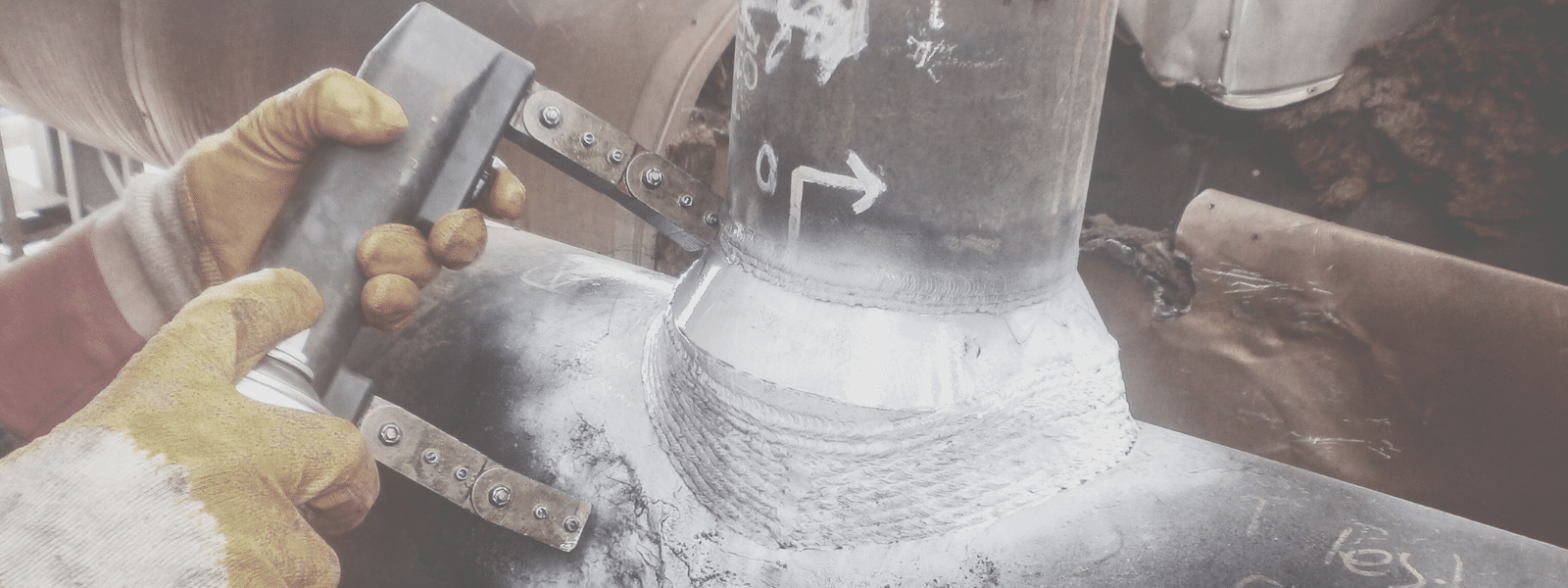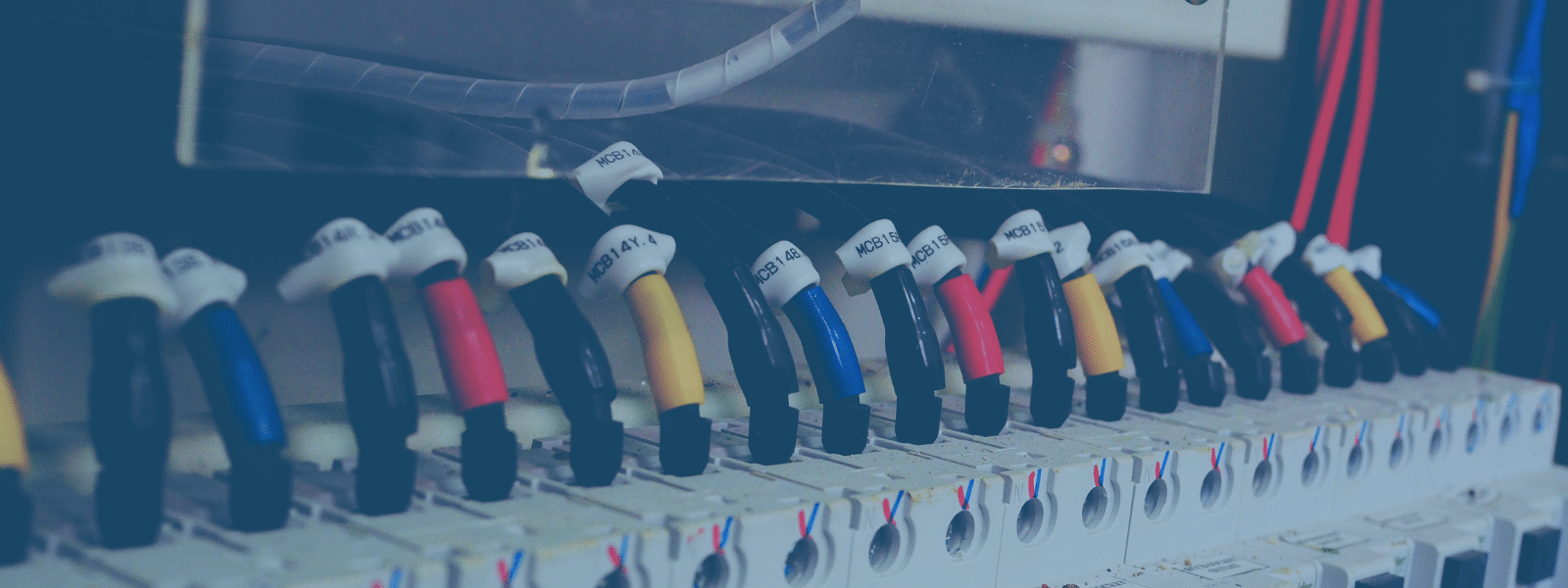It is a common misconception that a solvent is waste once it has been used, but is it really? Solvent recycling is the process of using innovative technology to remove unwanted materials from already used solvents. Approximately eighty percent of the waste currently discarded by your company is recyclable. The process simply takes out what cannot be used to deliver a pure quality solvent for reuse. Solvent recycling makes it possible for companies to limit disposal and better manage liabilities.
So can it save your business money? The answer is yes and the process provides an environmentally safer option. Every time a solvent-based cleaner or degreaser is purchased or disposed, money is basically thrown out the window. Solvent recycling provides a significant expense reduction for restocking and waste management. By using this process, your company will be able to decrease waste generation by as much as 80%.
How Does It Work?
Solvent recycling may be performed in more than one way; however, the most effective approach is distillation technology. Providers are able to handle the process for you or in many cases can deliver onsite solutions. In reality, there are no perfect chemicals and every cleaner has at least one risk factor for the environment, health, or safety. Solvent recycling decreases costs and allows your company to takes steps for lessening environmental impact by reducing the amount of produced waste.
The distillation process requires minimal intervention because these systems are automatically aware of the chemicals or combination to be recycled and can adjust time, temperature, or power to meet those needs. One side pumps in the waste through the machine. The machine then removes unwanted materials by performing distillation and pumps clean solvent into another containment location for reuse. This process takes only a few minutes a day to deliver substantial waste disposal and labor cost decreases. These systems typically require minimal power to recover almost all of the solvent. They use procedures such as vapor management to ensure that the product does not enter the atmosphere as well.
Simple, Safe, and Cost Effective
Solvent recycling helps businesses save an extensive amount of money and is a great way for reducing liabilities. It also eliminates an extensive amount of the floor space currently dedicated to waste storage or disposal. If disposal is too costly or you simply need a way to limit your footprint, solvent recycling is the best bet for improving management of harmful chemicals. Here are a few of the benefits:
- Promotes Sustainability
- Decreases Disposal Costs
- Reduces Emissions
- Limits Healthcare Costs
- Lowers Purchasing Needs
If you have not considered how this process may be used to save money, then take a few minutes to review current disposal, storage, and purchasing costs. How much do you spend to manage waste? What is your current impact on the environment? For most businesses, solvents are necessary to make it all happen. Recycling provides an option for responsible management of the amount of waste your company produces. At Ecolink, we no only offer several solvent choices, but are also able to aid in recycling to keep disposal costs low. Contact us today to learn more!





